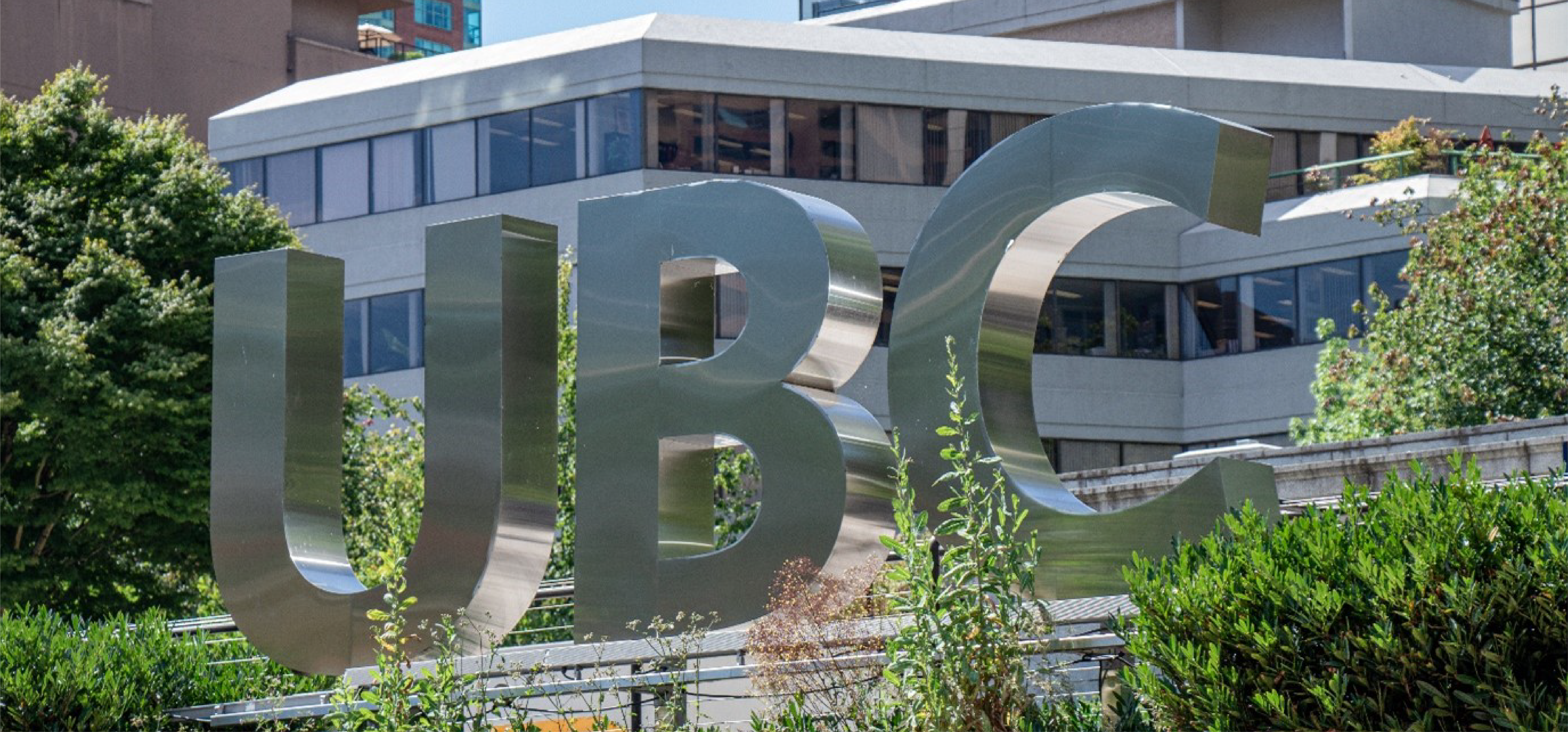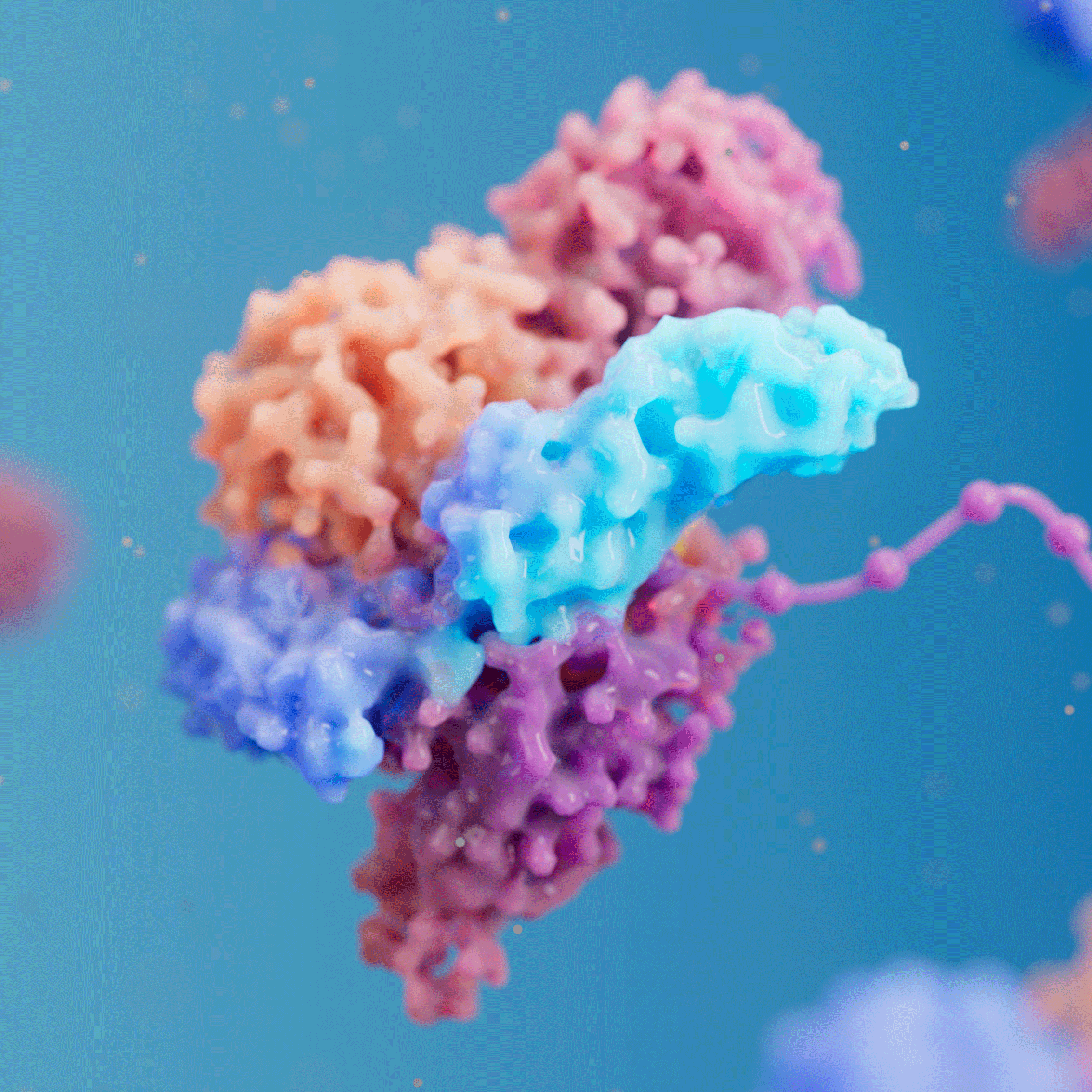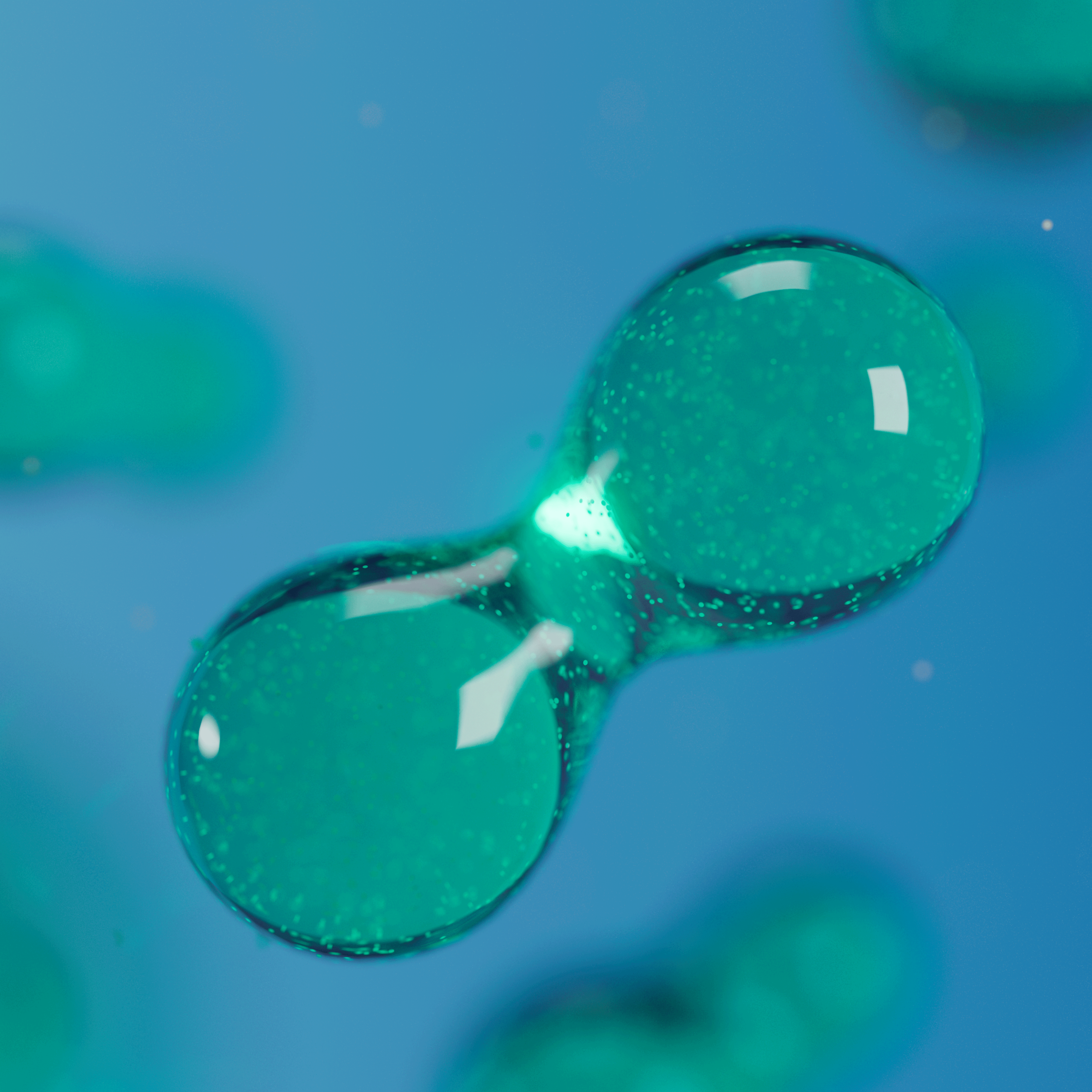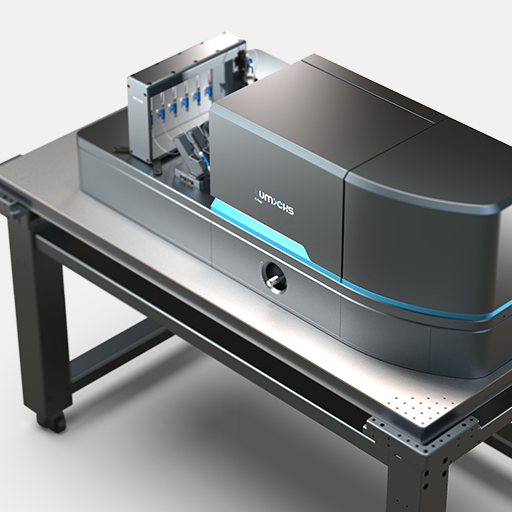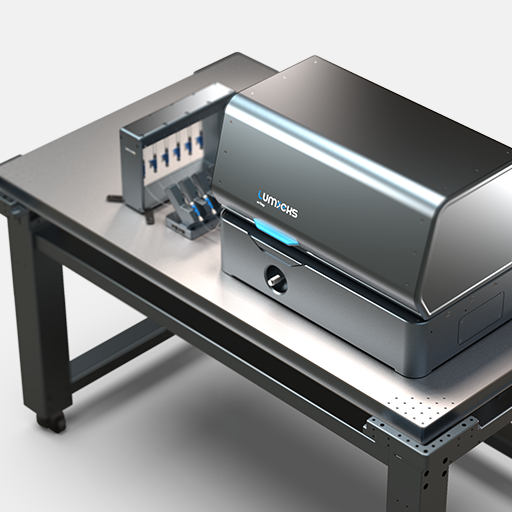We are delighted to announce the installation of two C-Trap® instruments at the University of British Columbia (UBC), Vancouver, Canada, in the labs of Dr. Derek Dee and Dr. Nada Lallous.
Derek Dee, Assistant Professor in the Department of Land and Food Systems, focuses his research on the forces that govern protein structure and function, with an emphasis on potential applications in food, biomaterials, and medicine. To characterize food-related proteins, the Dee lab has so far employed currently available methods such as circular dichroism (CD), fluorescence, transmission electron microscopy (TEM) and mass-spectrometry, none of which alone provide a complete picture of the structure and function of proteins. By adopting LUMICKS’ C-Trap technology configured with dual trap optical tweezers, which allows the trapping, manipulation, and force measurement of single-molecules, the Dee lab is now able to perform single-molecule experiments of food-related proteins. Using only one instrument, they can now study protein folding, misfolding and aggregation, as well as conformational changes induced by ligand binding. These studies could have great implications in the advancement of food science as they could offer unique insights for the engineering of protein stability and the understanding and treatment of biofilms in food.
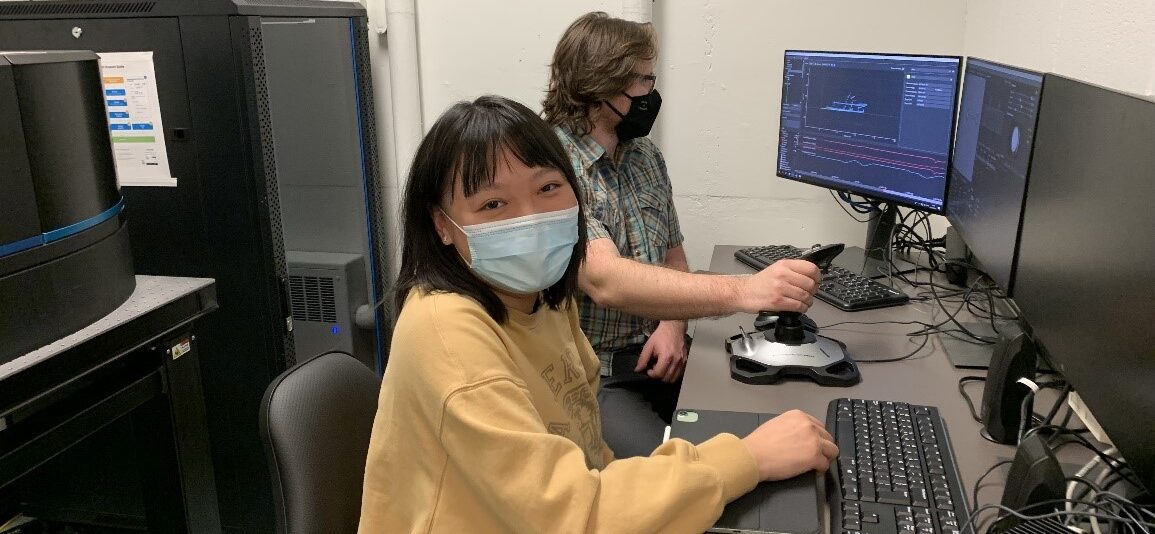
Food proteins are important to increasing food sustainability (e.g., novel enzymes, plant- and cell-based foods) and health (e.g., protein misfolding disease, allergens, gut-microbiome-brain nexus). Optical tweezers can be used to understand the complex mechanisms that underpin these important aspects of food-related proteins. – Asst. Prof. Derek Dee, UBC
Dr. Nada Lallous’ team at the Vancouver Prostate Centre, UBC, has also adopted a C-Trap configured with Q-Trap tweezers, with the addition of confocal microscopy. The C-Trap will enable them to study phase separation of disordered proteins and characterize transcription factors in real time, at the single-molecule level. The new instrument will empower the Lallous lab to investigate close-up the interaction of key transcription factors with target DNA and uncover how small molecule inhibitors disrupt binding. Their ultimate goal is to elucidate key mechanisms involved in prostate cancer and understand the function of novel small molecules against cancer.
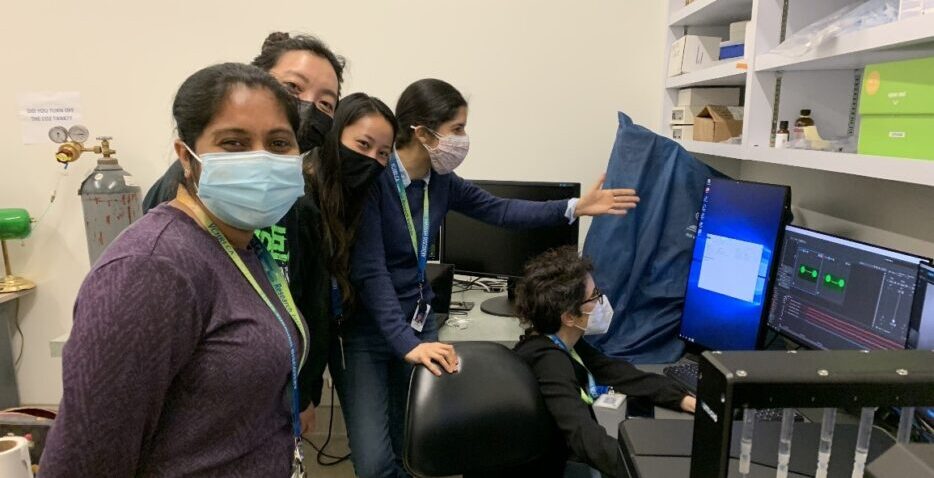
We wish all researchers using the C-Trap good luck with their ongoing projects and are excited about their upcoming results!
Are you interested in using dynamic single-molecule tools like the C-Trap for your research? Do not hesitate to contact us for more information, a demo, or a quote.
Top banner image was licensed by Margarita Young / shutterstock.com.

